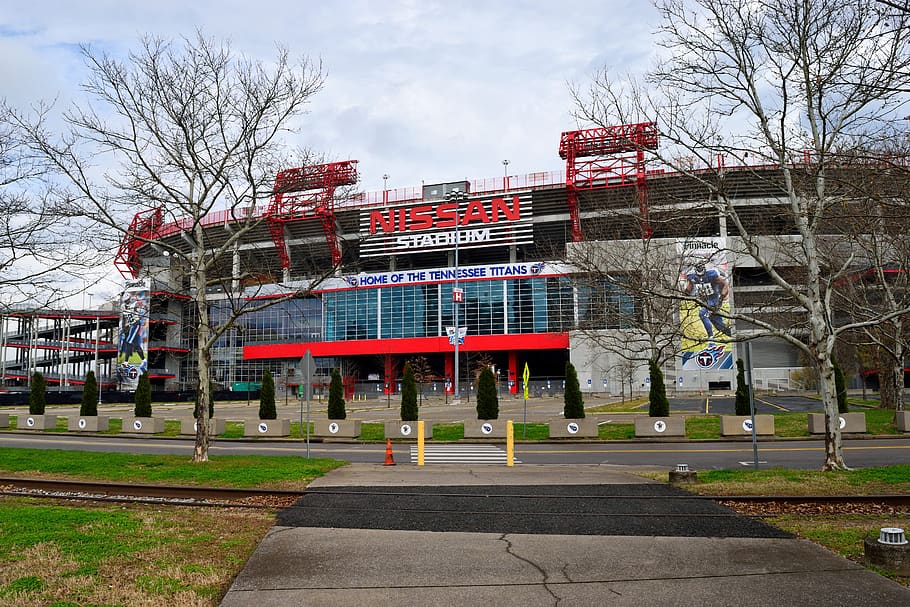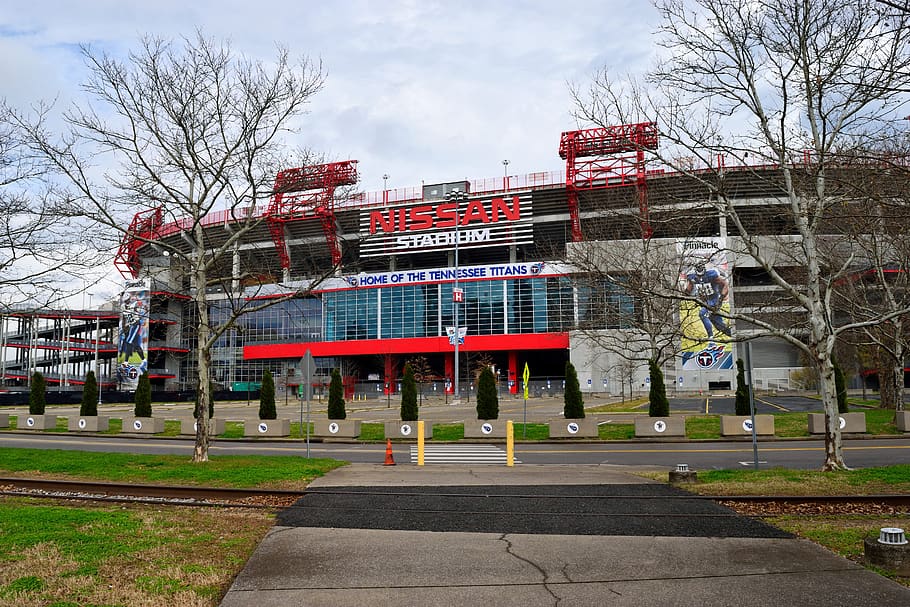May 2018 was a landmark month for sports in the United States. The repeal of the PASPA by the Supreme Court opened the doors to licensed and regulated sports betting overnight. Consequently, many individual US states have since taken the opportunity to develop tax and regulatory frameworks to make sports betting work for their citizens.
According to Statista, revenues generated from legalized and licensed sports betting in the US are set to rise from £2.1 billion in 2021 to more than £10 billion by 2028. With around a five-fold increase in the US sports betting industry in just seven years, we thought it would be a good idea to explore the fastest-growing states for regulated sports wagering to understand who is behind this tidal wave of activity.
New York
In-person sports betting has been legalized in New York state for almost a decade, providing it’s done so with licensed operators. However, the decision to license and regulate online and mobile sports betting in the Empire State has taken its market to a new stratosphere. As of January 8, 2022, multiple online sportsbooks were launched for New Yorkers. Perhaps a fascinating point of note about New York’s new online sports betting market is its tax regime. Operators are required to pay a ground-breaking 51% tax rate on their gross gaming revenues (GGR) – the highest figure in the US.
Within its first month of online sports betting, wagers placed in New York totaled over $2.4 billion between January 8 and February 13, 2022. The market was strategically launched to coincide with the most recent NFL Super Bowl, which saw $472 million wagered in the week of Super Bowl LVI.
New Jersey
The launch of regulated sports betting in New Jersey came just weeks after the repeal of PASPA. The Garden State has been on a steadily upward curve in terms of revenues and wagers placed by locals and tourists alike. In 2020, the state posted the highest sports betting handle of any US state – even ahead of Nevada, home to Las Vegas. The total handle has breached the $1 billion mark on multiple occasions in late 2021 and through 2022, bettered only by New York.
As the first sports betting market to mature in the US, it’s no surprise that New Jersey has managed to attract some of the biggest sportsbooks in North America and beyond to Garden State. Daily fantasy sports (DFS) giant FanDuel opened its first online sportsbook in New Jersey in September 2018, operating under a license with East Rutherford’s Meadowlands Racetrack. The brand has since developed unique FanDuel Sportsbook promo codes for customers in each of the 17 US states in which it’s operational as of October 2022.
Pennsylvania
Pennsylvania became the seventh US state to legalize sports betting, and already it is becoming one of the most influential in terms of revenues generated. With multiple land-based sportsbooks in Philadelphia, there are also plenty of licensed online sportsbooks to choose from in the Keystone State too. Its tax rate is significantly lower than in New York, with operators required to pay 36% of their GGR – alongside a hefty license fee of $10 million.
The Pennsylvania Gaming Control Board, which oversees the state’s sports betting market, recently revealed that PA’s sportsbooks took $363 million in wagers in August, up $30 million in July. FanDuel Sportsbook was the state’s most popular sports betting application, both by the betting handle and overall revenue. Live betting is permitted here. In fact, the only sports betting markets that cannot be wagered on in Pennsylvania include the NFL Draft, Super Bowl prop bets unrelated to the game itself, as well as college sport prop bets.
Indiana
The state of Indiana has not only casino and off-track sports betting facilities but also 14+ online sportsbooks licensed to serve the Hoosier State. The Indiana Gaming Commission oversees all aspects of online sports betting. It’s interesting to note that winning bettors must pay substantial sums in tax. Winnings over $5,000 are subjected to 24% tax rates, with payouts below this benchmark also requiring to be reported even if no tax is due.
Despite a modest population of around 50% lower than Pennsylvania, Indiana punches well above its weight in terms of its sports betting handle and outright revenue. Over $251 million has become the norm for its handle, with around a tenth of that posted in GGR. These figures well and truly cement Indiana as one of the leading second-tier markets for sports betting in the US.
Michigan
Sports betting in Michigan was formally legalized in December 2019, but it took another three years until the first sportsbook would open its doors. Michigan’s online sports betting market went live a year later, in January 2021, with citizens wagering more than $100 million online within the first ten days of its new market. Its biggest monthly sports betting handle was registered in December 2021 for a cool $514 million.
Michigan’s sports betting legislation does not prohibit citizens from neighboring states from visiting and placing bets within the Wolverine State’s lines. The number-one restriction for betting here is on high school sports and entertainment-themed events like the Oscars. Through 2022, its handle has failed to come close to that December 2021 all-time high, with the latest figures showing that August 2022 had $229 million in wagers placed – up 2% on the previous month.
Tennessee

Last but not least, Tennessee saw its mobile and online sports betting markets go live on November 1, 2020, attracting a string of household sportsbook names, including BetMGM, DraftKings, and FanDuel, to name but a few. It would appear that the citizens have very well-received sports betting in Tennessee. Online sportsbooks posted an all-time high revenue figure, doubling its take in August compared with the previous year. The overall handle was also 12.6% up on the last month, to $205.9 million.
Tennessee has therefore inched its way into the second-tier of US sports betting markets, alongside Indiana and Michigan. The state has several major league sports teams to boost activity, with the NFL’s Tennessee Titans, the NBA’s Memphis Grizzlies, and the MLS’ Nashville SC, some of the biggest franchises, to name a few.
With sports betting now permitted in over 24 US states, legalization appears to be progressing well for several more states in the months ahead. Florida is one of the most intriguing potential markets in the coming years, provided the legislature and the Seminole Tribe can negotiate a mutually agreeable deal.
